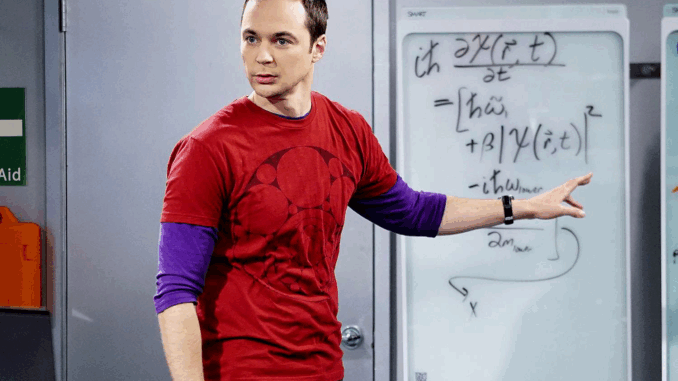
CBS’ The Big Bang Theory will wrap its run May 16 as the longest-running multicamera comedy in TV history. Chuck Lorre and Bill Prady’s series has inspired generations of scientists during its run, with a UCLA scholarship program, bee and jellyfish species and a monkey all named after the nerdy favorite. And Big Bang has also become a massive asset during its 12-season run, airing in syndication all over the world and collecting 52 Emmy nominations — including 10 wins — and seven Golden Globes. And the cast are among TV’s richest, earning $1 million an episode on top of ownership points on the series, with many making the most of their profitable production deals with producers Warner Bros. TV.’

And Big Bang Theory is going out on top. The series wraps its 12-season and record 279-episode run as TV’s highest-rated comedy — which is why CBS and producers Warner Bros. TV were in early conversations for a potential 13th season. However, four-time Emmy-winning star Jim Parsons ultimately was the one to say no more.
“It was the first time in my life of doing this show that it occurred to me that I might want to not do another contract after [season] 12 was up,” Parsons told The Hollywood Reporter on the May 1 red carpet ahead of the show’s wrap party in Pasadena. “I don’t know if it’s because I’m an Aries or just because maybe I’m in touch with myself. Whatever it is, once I had that thought, I was like, ‘Well, that’s your answer.’”

“There was no factor; there was no situation that I was like, ‘Well, I’ve had enough of that.’ No. There was nothing like that. It was just…when you know, you know. And you’re susceptible and thrown around by the whims of your own existence and getting to a certain age and your life changes and suddenly you just think different,” Parsons continued. “It has been fascinating to think about who I was 12 years ago. And sometimes when I have trouble learning a line or saying a line of Sheldon’s right now, it’s hard to know why specifically. But it’s like, you’re not the same person you were. There is a possibility that this actually became more difficult for you in a way. And I don’t know what that means but it’s like you just change.”
